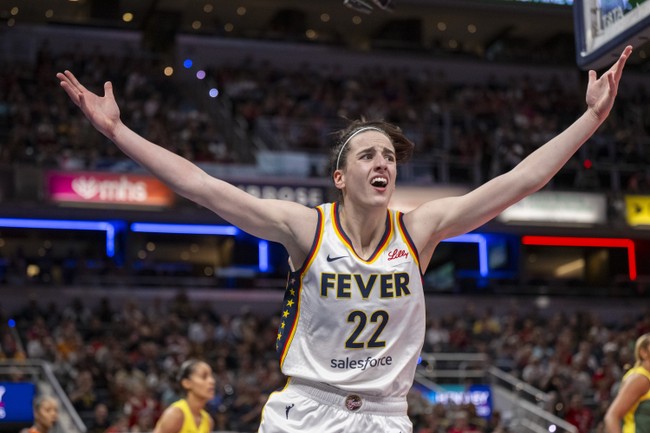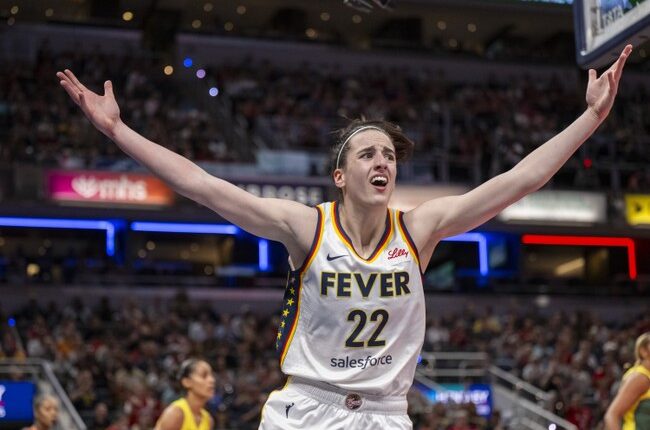
WNBA star Caitlin Clark has recently acknowledged criticism regarding her alleged “white privilege” in a TIME interview where she was honored as “athlete of the year.” Despite the league being predominantly black, Clark has been the subject of scrutiny from what has been described as “race grifters.”
The WNBA showcases a roster that is 70 percent black, indicating that success in the league is not necessarily tied to white privilege. In fact, the league has actively promoted and celebrated its black players, dispelling any notions of systemic discrimination. This raises the question of where the concept of “white privilege” fits in within the context of the WNBA.
Instances such as Clark’s omission from the Olympics roster, unfair fouls against her, her entry into a struggling league, and the lack of support from certain media outlets and fellow athletes like Sheryl Swoopes further challenge the idea of any inherent advantage based on race in her success within the WNBA.
By the way, as expected, Swoopes didn’t let up despite Clark’s olive branch, suggesting there were more deserving candidates.
You also can’t discuss the WNBA without discussing the financial realities behind it. The WNBA has never turned a profit. Instead, it has subsisted on annual injections of welfare from the NBA. So what exactly was “built” when Clark got there?
That’s not to dismiss the other good players in the league because they exist, but Clark did not walk into a bastion of success only to feed off her supposed privilege. If anything, the opposite is true. The rest of the league is enjoying the privilege of having her join them, and that’s evidenced by the increased revenue the WNBA garnered, including a new television deal, during the 2024 season.
Overall, I find the idea that Clark succeeded because of “white privilege” to be a ludicrous contention. If anything, she walked into a situation that was stacked against her, and she overcame it. Clark is the reason the WNBA’s viewership exploded in 2024. She is the reason some teams can finally charter flights and their games are being shown on major networks. Clark’s presence is even largely responsible for increases in salaries for other players. You’d think they’d worry less about her “privilege,” and be more thankful.
Still, Clark’s attempt at humility would be laudable if it didn’t feed directly into the racial grievance industry that has become so corrosive to society. There’s nothing wrong with deferring to others who have come before you, but there was a way to say that without going the “white privilege” route. By doing that, as Swoopes’ commentary linked above shows, she’s only inviting more criticism. You can never be woke enough, and unfortunately, it appears Clark will have to learn that the hard way.

















